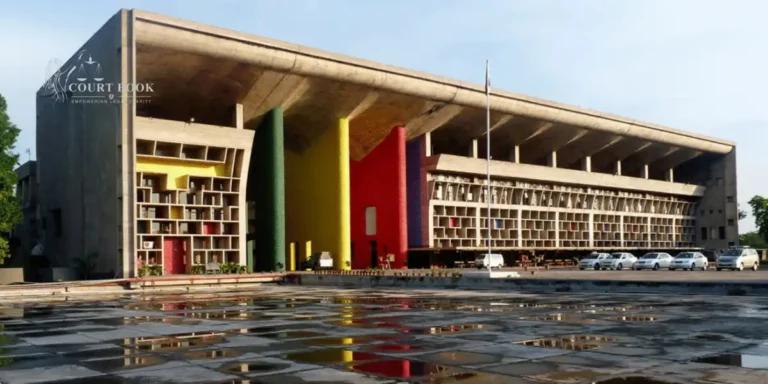The Punjab & Haryana High Court has underscored the importance of vigilance at the entry point rather than the indiscriminate denial of bail when dealing with foreign nationals engaged in unlawful activities. The Court asserted:
"A measured legal response necessitates vigilance at the point of entry rather than the indiscriminate denial of bail."
The Court emphasized that effective deterrence requires rigorous pre-admission scrutiny, including comprehensive background verifications before issuing visas and the immediate revocation of visas upon credible allegations.
Case Background
The Court was hearing a regular bail plea filed by Muhammad Jamil, accused in a cyber fraud case. The prosecution alleged that a victim was misled into investing in the stock market, leading to a loss of Rs. 2.81 crores. The investigation traced the mobile numbers used in the fraud to individuals who were unaware their identities had been misused to activate SIM cards.
Further inquiry revealed that a person named R. Surya had fraudulently issued several SIM cards and sold them to one Divakaran, who in turn sold 120 SIM cards to Malaysian nationals Muhammad Jamil and Kadar Gani Bin Naina Mohammad at Rs. 1,000 per SIM. Based on this evidence, Jamil was taken into custody on December 18, 2024, following a Look Out Circular issued on September 5, 2024.
Read Also:- Punjab & Haryana HC Directs Formation of SIT to Investigate Lawyer’s Alleged Murder
The Court acknowledged the seriousness of the allegations and the prima facie evidence against Jamil. However, it noted:
"Justice delayed is justice denied, but in the context of foreign nationals, justice prolonged is justice misplaced."
The Court highlighted that prolonged legal proceedings could disrupt the accused's personal and professional life, causing uncertainty within an unfamiliar jurisdiction.
While granting bail, the Court laid down specific conditions:
- The petitioner must provide identification details, including passport and mobile number (if available).
- The petitioner must comply with statutory conditions and attend all court hearings.
- Any attempt to tamper with evidence or influence witnesses would result in bail cancellation.
- The State may file for bail cancellation if the petitioner commits another non-bailable offense.
The Court directed the Deputy Superintendent of Police to send a copy of the bail order to the Foreign Registration Officer under Rule 3 of the Registration of Foreigners Rules, 1992. The Court reiterated the importance of expeditious trials and urged the Trial Court to prioritize the case for swift adjudication.
Read Also:- Punjab & Haryana High Court Upholds Fundamental Right to Trade in Hospital Relocation Case
Recognizing the broader implications of such cases, the Court stressed:
"The cornerstone of an effective deterrence mechanism lies in rigorous pre-admission scrutiny."
This judgment reinforces the need for robust pre-admission scrutiny rather than reflexive denial of bail, ensuring justice is fair and timely for all involved.
The case has been titled Muhammad Jamil v. State of Haryana and is a crucial reminder of the judiciary's role in balancing legal accountability with the rights of the accused.
Mr. Abbas. B, Advocate, Ms. Bhumika Khatri and Mr. Sunil Kumar Dhanda, Advocate for the petitioner.
Mr. Aashish Bishnoi, Deputy Advocate General, Haryana.
Mr. Budhadev Maity, Advocate for the complainant.
Title: Muhammad Jamil v. State of Haryana















